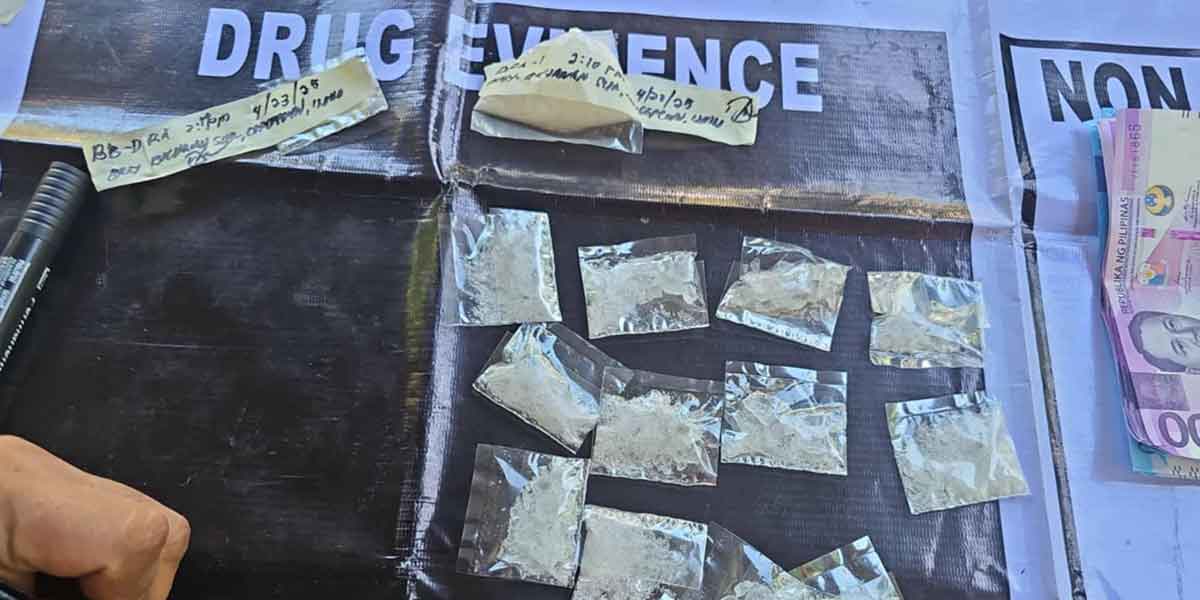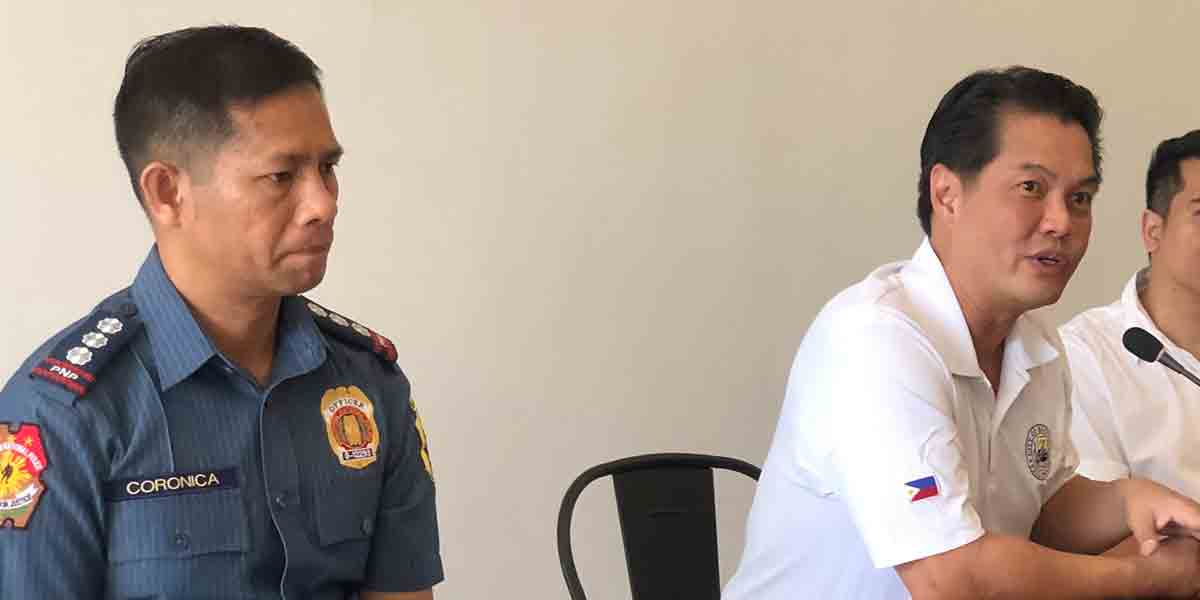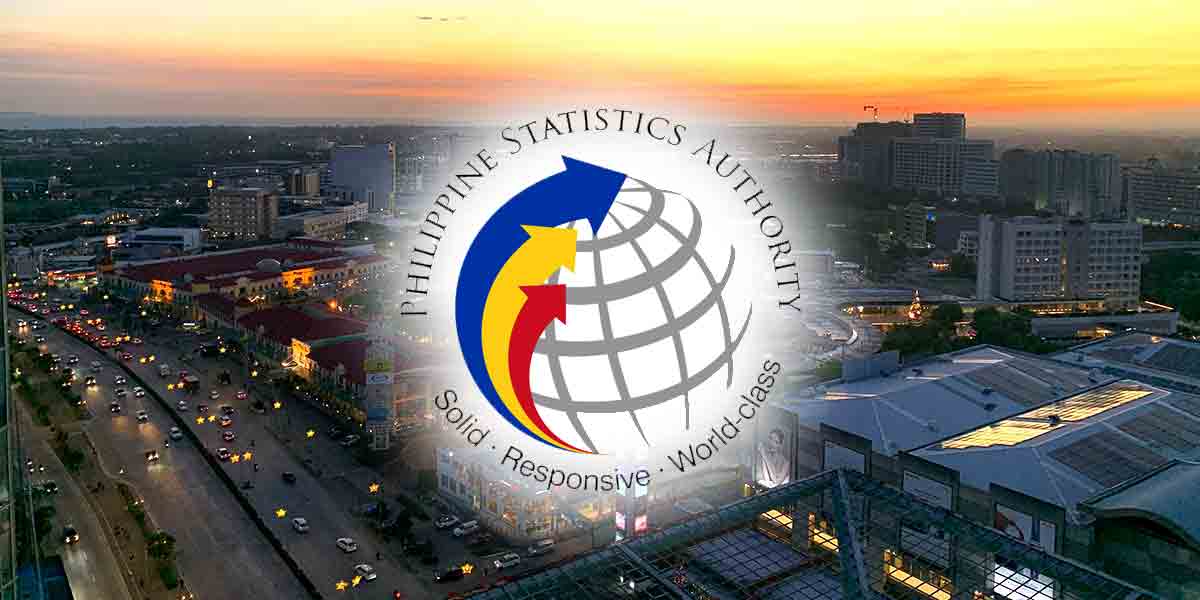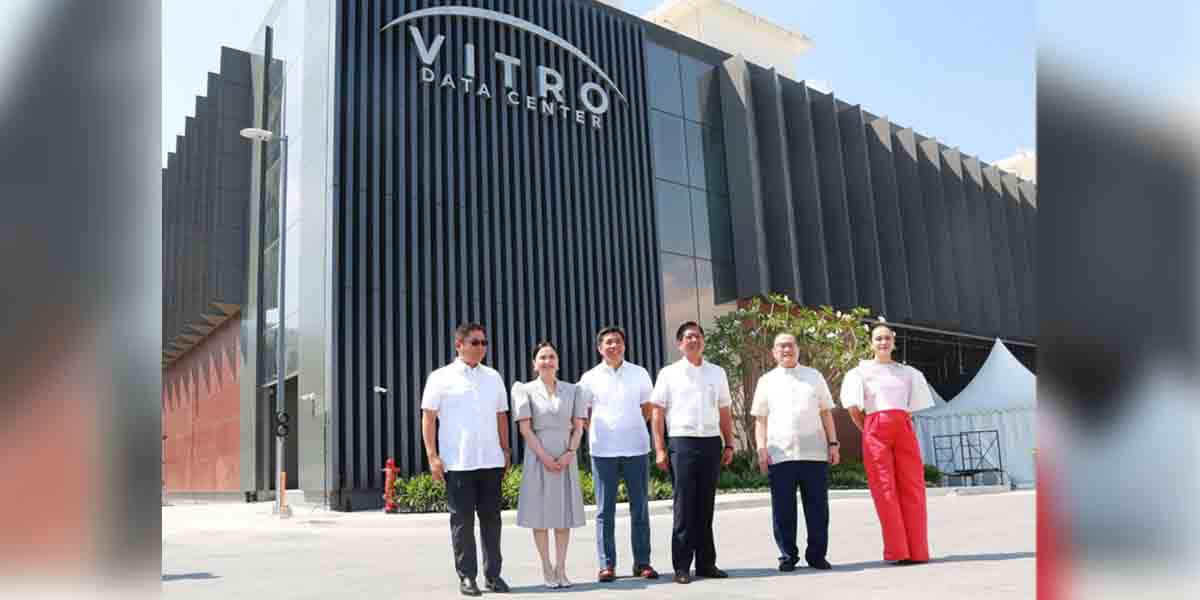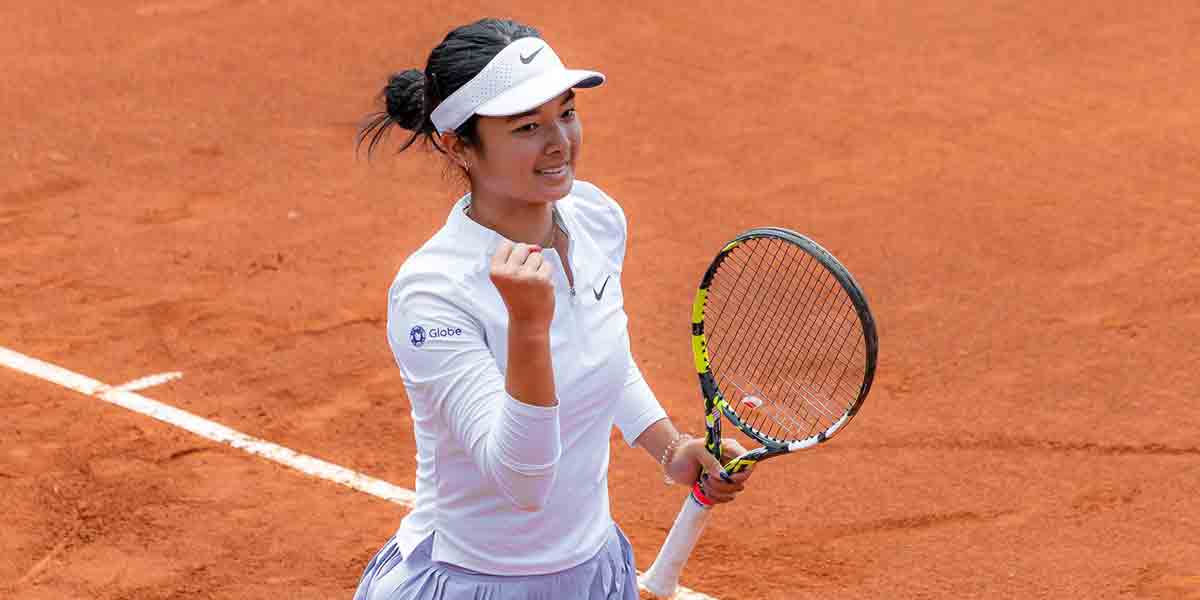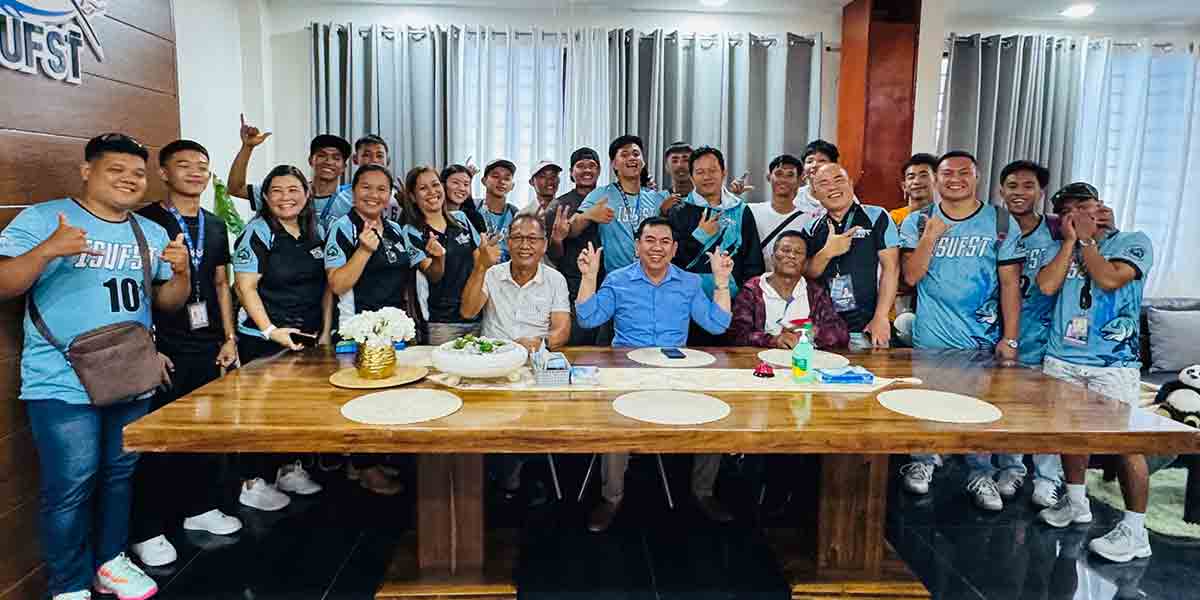By Chris Fitzgerald
History is repeating in Southeast Asia. Filipinos and now Indonesians have elected leaders with links to their countries dark pasts, raising questions about whether strongman politics is back in the region and whether it is here to stay. Its return could risk hard-won progress on democracy and human rights.
Subianto returns in Indonesia
When Indonesians went to the polls this month, Prabowo Subianto was the overwhelming victor, winning in the first round with 58% of the vote. While the General Elections Commission has until March 20 to announce the final tally, it is widely recognized that Subianto will become the next Indonesian president.
The victory is third time lucky for Subianto, 72, having lost to Joko Widodo in 2014 and 2019. Subianto told supporters the win was “the victory of all Indonesians.”
The difference from outgoing President Widodo could not be starker. While Widodo was seen as an outsider to Indonesian politics, Subianto is firmly part of the old guard. He is a former lieutenant-general and special-forces commander and a close ally of the late president Suharto, even marrying his daughter.
Subianto modeled himself on his former patron in his 2014 and 2019 election campaigns, building a strongman image based on his military service. But it is his military background that has caused controversy.
Subianto has been accused of serious human-rights abuses, including atrocities in East Timor and Papua and the abduction and disappearance of democracy activists in 1997. He was controversially dismissed from the military after storming the presidential palace to threaten Suharto’s successor, B J Habibie, in 1998.
Subianto sought to distance himself from his strongman persona in the lead-up to this election to attract young voters. This included styling himself as a “cuddly grandpa,” dancing onstage and having Widodo’s 40-year-old son Gibran as a running mate.
Subianto also outspent all other candidates online, spending more than US$500,000 on his social-media campaign. The change in strategy clearly worked.
But despite the change, Indonesians might be in for a rude shock. Subianto’s victory signals a return to an older, more brutal Indonesia, where the country is run by military strongmen and family-dynasty politics. The incoming president represents both of these things.
His poor record on human rights is also a nod to Indonesia’s dark history of atrocities against political opponents, protesters and minority groups.
But the re-emergence of strongmen is not isolated to Indonesia, with Subianto’s victory having close parallels to the 2022 presidential election in the Philippines.
History repeats in the Philippines
Ferdinand “Bongbong” Marcos Jr was elected president of the Philippines in a landslide in May 2022, gathering almost 40 million votes, making it the country’s first majority win in decades.
While Bongbong is not a military man like Subianto, the Marcos name is infamous in the Philippines. Marcos Jr’s father, Ferdinand Sr, brutally ran the country as president – and then dictator – from 1965 to 1986.
Marcos Sr’s regime oversaw severe human-rights abuses, including arrests, forced disappearances, torture and extrajudicial killings. The Philippine Human Rights Violations Victims Memorial Commission estimates more 11,000 people were victims of human-rights violations under the regime, while Amnesty International claims the number is well over 100,000.
The family was also notorious for corruption, allegedly stealing US$10 billion while in power before Marcos Sr was ousted in a popular uprising in 1986, known as the People Power Revolution, which saw the family flee into exile.
Like Subianto, Marcos Jr distanced himself from his family’s dark history during the election campaign to attract young voters. This included an attempt to rehabilitate his father’s image, labeling it a “golden age.” Marcos Jr also used social media to reach young voters and spread misinformation about his father and allegations over the family’s stolen fortune.
While Marcos Jr has also tried to portray himself as a supporter of human rights, events on the ground tell a different story. Human Rights Watch reports that despite promises to the contrary, Marcos Jr has continued the infamous drug war of his predecessor Rodrigo Duterte, which led to the killing of 342 people in his first year in power.
There have also been cases of extrajudicial killings and forced disappearances against politicians, journalists and human-rights advocates.
Admittedly, the attraction of strongmen isn’t new in the Philippines, with former president Duterte infamous for inciting violence and damaging the country’s reputation on human rights.
But like Subianto – and unlike Duterte – Marcos Jr is a return to the old guard. His presidency both revises and legitimizes his father’s brutal rule and the country’s dark history. His return is a dangerous moment for the Philippines.
Democracy at risk
So is history repeating in Indonesia and the Philippines?
There is certainly a disconnect between the region’s dark past and what attracts voters today. Voters in both countries – particularly young people – were attracted to older candidates and a nostalgia for what they claimed were better times.
Both men have taken advantage of modern election strategies, including using social media to attract young voters and spread misinformation. This has enabled both to reinvent themselves and to deflect away from their country’s difficult past or to reinvent that as well.
This is not helped by a lack of knowledge or misunderstanding of the past by young people, who did not live through the atrocities and corruption under Suharto or Marcos Sr.
Both countries have a proud recent history of democracy and – while Subianto and Marcos Jr were elected democratically – they put this progress at risk. Their return represents and legitimizes a darker time of dictators, corruption and atrocities, which many older Indonesians and Filipinos hoped they had consigned to history. It is undoubtedly a step back.
This is a dangerous moment for Indonesia and the Philippines. Instead of a break from history, they may be seeing it return.
Chris Fitzgerald is a freelance correspondent based in Melbourne who writes for a number of online publications on politics, human rights and international law. He is also senior correspondent for South Asia for the Organization for World Peace. Follow him on Twitter @ChrisFitzMelb.



